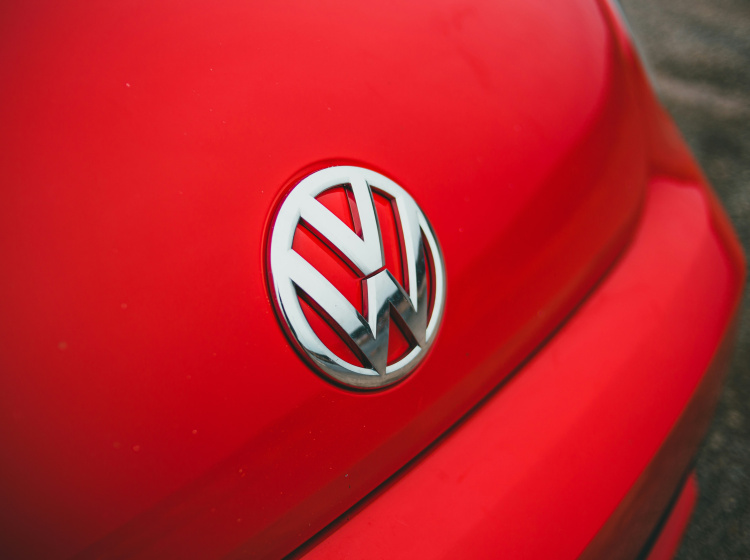Volkswagen faces serious problems that could have a significant impact on the Czech Republic
Problems for Germany's largest car manufacturer Volkswagen are increasing. Due to the transition to electromobility, the EU's stringent emission standards, and expensive energy costs, the company is already considering closing some of its plants. This could ultimately have a significant impact on the entire economy of Germany, as well as countries dependent on it, including the Czech Republic.
Volkswagen, one of the world's largest automobile brands, is facing an unprecedented crisis. The company, which is a symbol of German industry, is considering closing its factories in Europe for the first time in its nearly ninety-year history. This move, which would be entirely unprecedented for Volkswagen, is the result of a series of adverse factors that are affecting not only the car manufacturer itself but also the entire German industry. As economist Lukáš Kovanda points out, the situation is very alarming and could have serious repercussions for the Czech Republic, which is closely connected to German industry.
Volkswagen, which has long dominated the European car market, is now facing numerous problems. One of the main reasons the automaker is considering closing some of its European factories is rising energy costs. High energy prices, combined with strict regulatory measures from the European Union and pressure to transition to electromobility, are creating increasingly challenging conditions for Volkswagen to maintain its competitiveness. Additionally, as experts point out, the unchecked rise of electromobility represents another significant problem for Volkswagen.
The German industry, considered the engine of the entire European economy, is now going through tough times. The German economy stagnated and even slightly declined in the second quarter of 2024. According to Clemens Fuest, president of the Ifo Institute, Germany is slowly slipping into a crisis, which is a consequence of the weakening Chinese economy, on which German industry is heavily dependent. As Germany invests more in China to relocate part of its production there, the domestic industry is gradually declining. This "ailing" Germany, as Kovanda calls it, is becoming less and less capable of competing in the global market.
These problems, however, do not only impact Germany but also the Czech Republic. The Czech economy is strongly linked to German industry, and any disruptions in Germany are almost immediately reflected in the Czech Republic. Volkswagen has significant suppliers in the Czech Republic, and the possible closure of factories in Germany could lead to a drop in demand for Czech products. Additionally, if more production were to be moved to China, it could result in the loss of thousands of jobs, not only in Germany but also in the Czech Republic.
Another factor that could affect the Czech economy is the potential trade war between the European Union and China. China is considering imposing new tariffs on European products, including cars. If this were to happen, it could deal another blow to the German car industry, and consequently to the Czech Republic, which is a key supplier for German car manufacturers.
The situation in Germany and the problems facing Volkswagen thus pose a serious risk to the entire Central European economy. As Lukáš Kovanda points out, it is important to consider that the crisis in German industry could have long-term consequences not only for Germany itself but also for its neighbors, including the Czech Republic. What is happening in Germany reflects deeper issues within the European economy that could have far-reaching implications for the entire continent.
Volkswagen, which for decades has been a symbol of German industrial success, now finds itself at a crossroads. The future of the car manufacturer and the entire German industry is uncertain, and their problems could have significant impacts on the Czech Republic as well. How the situation evolves will depend on Germany's and Europe’s ability to find solutions to the current problems that transcend national borders and threaten the stability of the entire European economy.










